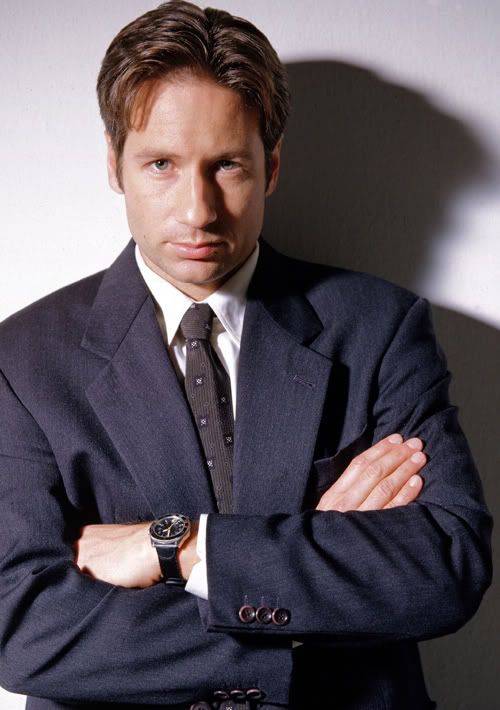Put on your helmet, because this guy's going to blow your mind. I love this kind of reading, the most outside the box thinking there is, that nothing is for sure, that God can be in all of us, and everything in between.
Watts has the question as to what exactly is taboo in our world, now that sex is apparently commonplace and sometimes part of people's daily discussion. He concludes that we, me, you, us, and your Grandpa Hank are the taboos of the modern world. Watts goes so far to call us the taboo of taboos, because of the seemingly insane ideas that the human psyche can cook up and dish out to the general populace. The thoughts that lurk within us are, in fact, the most dangerous things can be imagined. (pg. 17, 1st par.)
Watts has issues with religion because of what he perceives as the confinement of the mind once one unquestionably accepts the biblical texts and stories presented to them. Faith, you could say, is what he's got beef with. Watts references Tertullian of Christianity as a testament (no pun) to how faith blocks out reason and logic, " I believe, because it is absurd," (pg. 16, lines 1-2). This blind faith surely makes Watts shake his head and cry in the shower.
Continuing, Watts sees that a problem exists in the "conquering of nature," in that we look at this "outside world" as harsh, unforgiving, and against mankind, therefore it must be conquered. Watts believes this misconception could be the undoing of mankind itself. That our destruction of nature to extend our own power on the land will cause our own destruction, because nature is what we depend on, it's what we came into, and soon it will be leveled, as will we. (pg. 8-9, 3rd par.)
There is a "new experience" for which Watts believes man needs. This "experience" should result in man being able to come to terms with what he is, or, what it means to be "I". To be able to accept things about himself that may drive him insane. That he is a bit part in the Broadway show that is the universe. What is his role, how should he play it, should he make a move on that other bit player who keeps glancing over at him, the one with the auburn hair? All these questions are meant to test the man and through it, have him gain the experience of what he is. (pg.11, 2nd par.)
Watts sees that the purpose of myth, while also serving as a fairy tale, is also a way to make sense of a very complex world and the our lives in that world. To make simple comparisons to help describe how mind-numbingly complicated things work. Such as how a bullet fired into a honeydew helps explain why I keep finding dinosaur bones in my backyard. Still, one must be careful not to take these myths for what they are, and to remember that they are colorful and messiah-filled tales of actual facts. (pg. 12-13, 2nd par.)
To find his/her identity, Watts suggests
The novel 1984 and Mr. Watts share a bit of a connection in that they both delve into the loop of infuriating logic dealing with what is known and what is said. Watts describes that many follow religion based on faith, the blind belief in the impossibilities and absurdities presented to them in the little mass-produced Holy Bibles. That they cannot separate the myths from the facts and eventually they become intertwined. Jesus was crucified and walked on water are just as believeable to some Christians, when the more logical can separate the two, but maybe won't interupt the sermon to announce it. 1984 has the Ministry of Truth, which makes lies into facts with ease, no questions asked and eyebrows raised. The facts produced by Big Brother might as well be scripture, because the citizens of Oceania follow them devoutly and put a smile on their face while doing so. The citizens are all religious followers to a beaurucracy, with a dash of monotheism in the form of Big Brother.
Tuesday, September 25, 2007
Subscribe to:
Post Comments (Atom)

1 comment:
Derek-
My apologies for not commenting on this earlier. Honestly, I needed a little time to think about what to say.
You demonstrate a unique style that is rare for most writers, let alone high school students. Despite a few mechanical errors, you respond to the prompt with a clarity and perspective that is exceptional. That you "love this kind of reading" is good news, both in terms of your success on the AP test and beyond.
A few things to work on:
+Try not to address the reader DIRECTLY. I appreciate how that personalizes the piece but the best writers can do that without using "you." They see it as a wasted word, since the reader knows you're addressing them.
+Consider using more complex transitions where appropriate. (not merely for the sake of being "complex.") What does that really mean anyway?
+Try to be more concise--If you can cut it without losing anything valuable from the piece, cut it.
+Listen to "OK Computer" by Radiohead beginning to end, loudly and with quality headphones.
--Mr. Hughes
Post a Comment